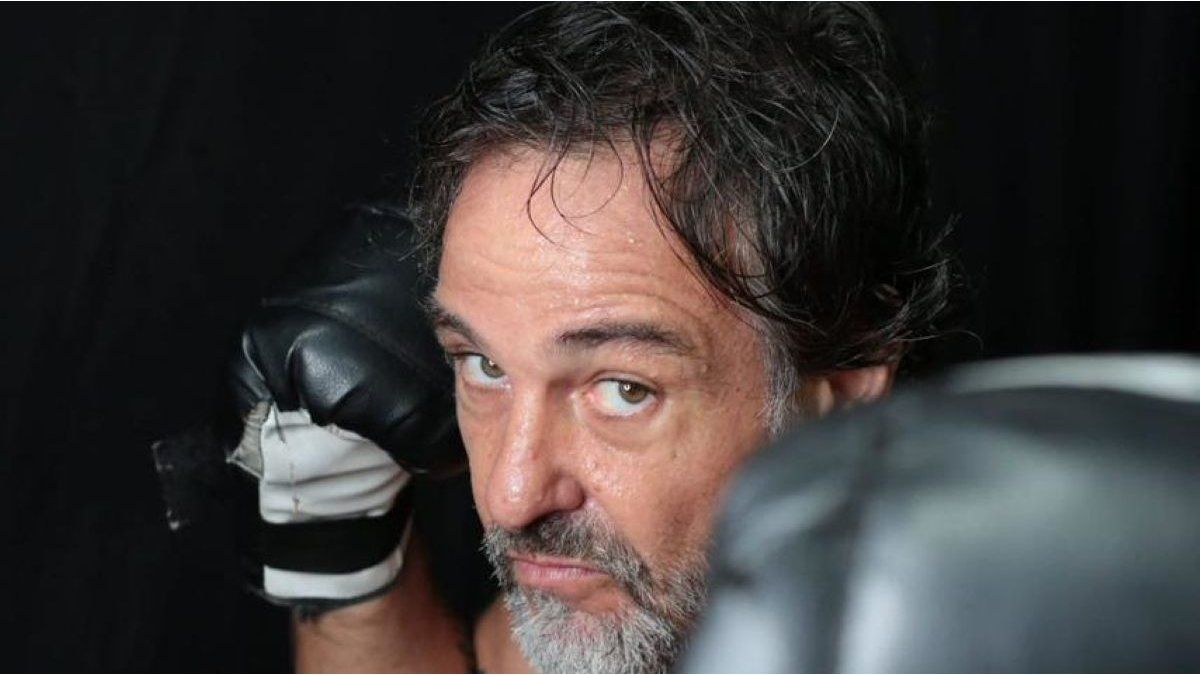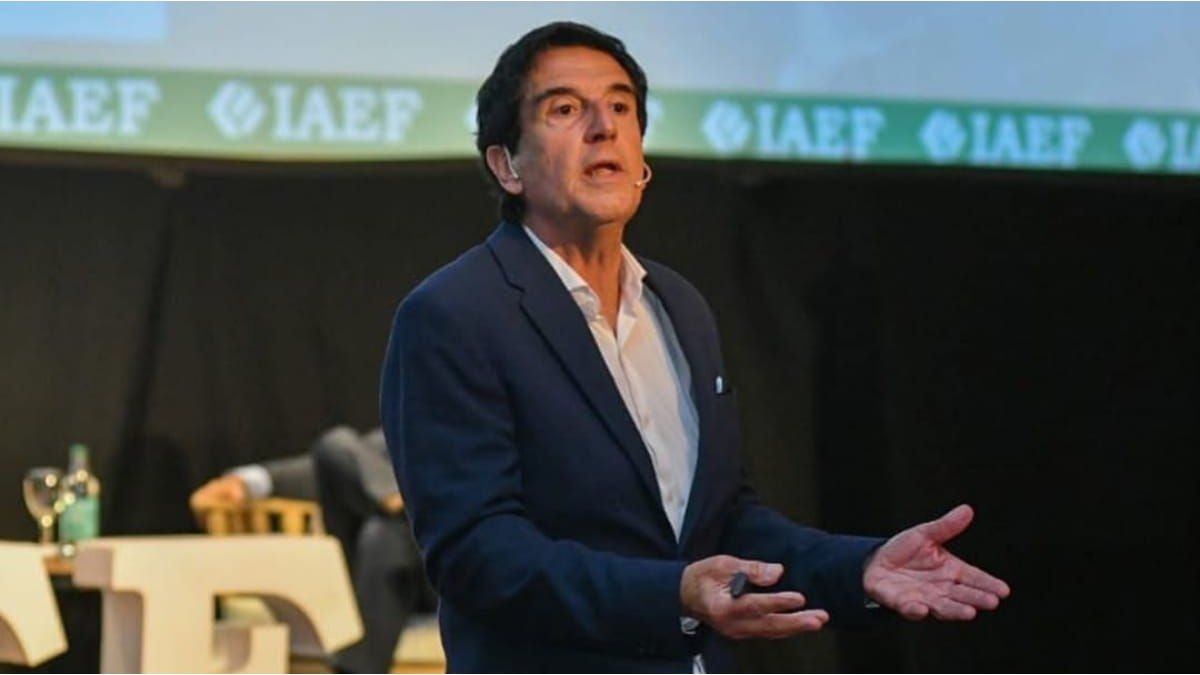“My mother, Doris del Valle, did not want me to dedicate myself to this, we know the ups and downs of this profession, sometimes you work and many times you don’t, so I made life and family decisions where I chose to do other things,” says Patricio Coutone, who together with his wife, the actress and producer Pamela Jordan faced this new sole proprietorship, “Gallola in Paris”, starring him and written by her.
With address of Pablo Gorlerofeatures original music by Fernando Nazar, lights of Ricardo Sica and debuts on Friday, May 31 at Patio de Actores. We talked with them.
Journalist: How did acting and art mark your life since you were a child?
Patricio Coutoune: My mother Doris del Valle and my father Claudio Levrino were famous actors, so my childhood was particular. Love comes from theaters, I liked to go see them, I went to all the performances, I knew my mother’s plays by heart and it awakened concern in me. My mother did not want me to dedicate myself to this, we know the ups and downs that the profession has because you work and in many moments you don’t, which made me often make life and family decisions where I chose to do other things and not dedicate myself fully. As a teenager I studied with Rodolfo Graciano who soon joined me in his theater productions, then I had a music band while doing theater and I ended up starring in “King David” with Pepe Cibrián. So until 2000 we went to live in the United States where we worked on simple, everyday comedies.
Q: What happened since you starred in Pizza Birra Faso 25 years ago until today?
Pamela Jordan: It was filmed, I was 7 months pregnant, then I became a mother so I prioritized that, I did gigs, I did animations, everything rotted in Argentina and we went to the United States with two boys and two suitcases.
Q: They left everything to leave and now they’re back.
PC: We left complicated in 2000 with two children, I sang, she did theater, we were doing well but it was difficult for us, it was very hard there but we did well, I had a painting company and she did animations but we returned because my mother was complicated, we wanted to give them to my children this country, which with its comings and goings we choose to be happy. We made “The Importance of Being Ernesto” together with Graciano, I opened a restaurant in Palermo, I have a love for cooking, I had delivery, a bar, entrepreneurship, we left the theater and dedicated ourselves to gastronomy.
PJ: We missed Argento and there was always theater and today I do production. I decided to write and with the four of us locked up in a pandemic, I started with this work.
Q: And what story does it tell?
PC: Pamela adapted the tangos that I sang and then wrote this work around Serafín, a character by Edmundo Rivero. The story is about a boxer who is in trouble, imprisoned in Paris, and evokes how he got there. It takes place in the 40s and 50s and speaks Buenos Aires, a bit of what hit us from exile.
Q: How did the character and the work appear?
PJ: I wrote it thinking about my grandfather who was a boxer and Pato and his tangos took me away. The character remembers his glory, his childhood and what he did when he was free. He regrets the bad choices he made. I showed the work to Gorlero, he read it, he liked it and we moved forward. The character grew a lot because in the setting they discovered edges that I want to believe were in the text.
Q: What is it like to always work with your partner?
PC: We support each other at work, we are a team and each one with their individualities. Love made us stronger, it is not easy to work with your partner but every time we do it there are good results.
Q: What is the challenge of this work?
PC: The one-man character, which I never did, has a number of important emotions, it goes from comedy to drama, it goes through many states and has physical, vocal, and text demands, the character in the 40s is quite particular and has tango , songs, boxing, also another of my passions, because it is a work that Pamela wrote a little for me. The story is that of anyone who could have had ups and downs and mistakes.
Q: What is it like to do theater today?
PC: It is as always, with a more difficult socioeconomic context, but being involved makes it easier. We hope that the public will accompany us as they always did, in that sense it is something unique to this country that does not happen anywhere else. I think it is a necessity of life.
PJ: From this blockade on culture, the terrible desire to do theater awoke in me, I went mambo and I am with five works, instead of keeping silent, it is time to save culture and do my bit.
Source: Ambito
I am an author and journalist who has worked in the entertainment industry for over a decade. I currently work as a news editor at a major news website, and my focus is on covering the latest trends in entertainment. I also write occasional pieces for other outlets, and have authored two books about the entertainment industry.




